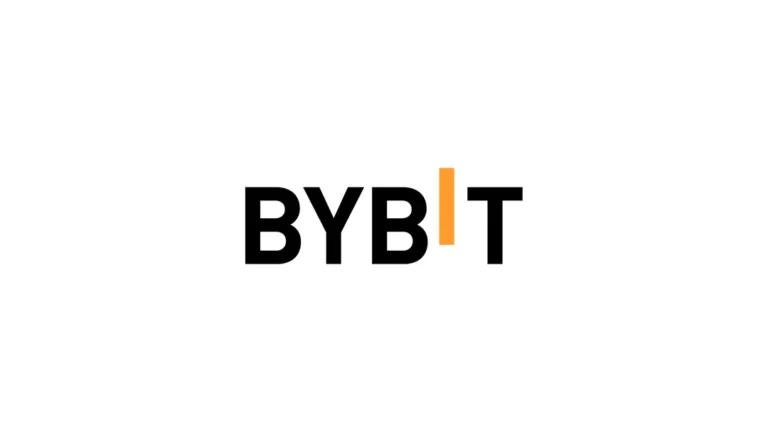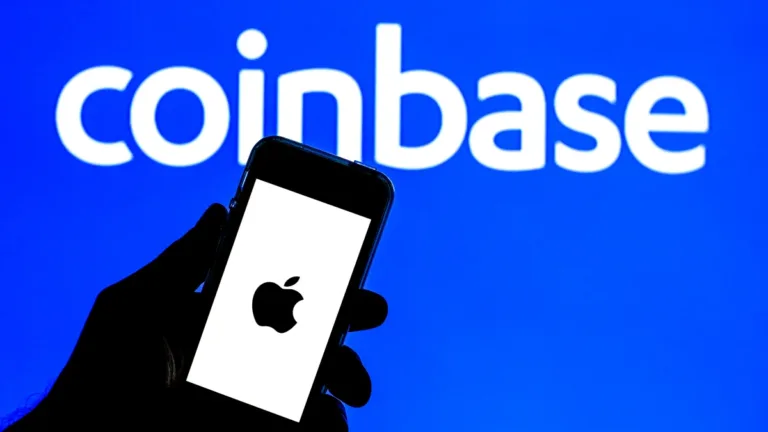Morocco is opening the door to the digital future with plans to legalize cryptocurrencies. After banning crypto transactions in 2017, the country’s central bank, Bank Al-Maghrib, has drafted a law aimed at regulating crypto assets, signaling a major policy shift.
Abdellatif Jouahri, the governor of Bank Al-Maghrib, recently announced that the draft law is currently in the adoption process. The 2017 ban on cryptocurrencies in Morocco was aimed at curbing risks associated with unregulated digital assets.
However, even with the ban, a substantial portion of the population has continued to engage with cryptocurrencies through underground channels. Recognizing this persistent demand, the Moroccan government is now laying the groundwork for a structured and regulated crypto ecosystem.
The proposed regulation will provide a legal framework for crypto transactions, aiming to reduce risks while promoting innovation and financial inclusion.

Exploring a Central Bank Digital Currency (CBDC)
In addition to legalizing cryptocurrencies, Morocco is also exploring the potential launch of a central bank digital currency (CBDC). Jouahri explained that the central bank is studying how a CBDC could support public policy goals, particularly in advancing financial inclusion.
“Regarding central bank digital currencies, and like many countries around the world, we are exploring to what extent this new form of currency could contribute to achieving certain public policy objectives, particularly in terms of financial inclusion,” Jouahri stated.
Unlike cryptocurrencies like Bitcoin, CBDCs operate on permissioned blockchain networks controlled by central financial institutions, ensuring regulatory oversight and stability.
What This Means for Morocco
Legalizing cryptocurrencies and exploring a CBDC could position Morocco as a forward-thinking nation in the digital economy. The new regulatory framework could:
- Foster innovation: By legitimizing crypto transactions, Morocco could attract blockchain startups and fintech investments.
- Improve financial inclusion: A well-implemented CBDC could provide access to financial services for unbanked populations, addressing long-standing challenges in rural areas.
- Boost economic resilience: Regulated digital assets could create new opportunities for wealth creation and diversification in Morocco’s economy.
Morocco’s decision aligns with a growing international trend of countries adopting regulatory frameworks for cryptocurrencies. As the country transitions from a ban to regulation, it demonstrates a proactive approach to harnessing the benefits of digital assets while ensuring safeguards for users.




